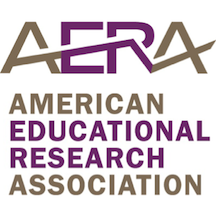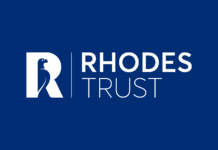 Advanced, or “gifted,” programs in schools have historically had an underrepresentation of minority and low-income students. A new study led by a researcher at the University of Wisconsin-Whitewater has discovered that the more localized gifted education standards are used, the more racially representative the programs become.
Advanced, or “gifted,” programs in schools have historically had an underrepresentation of minority and low-income students. A new study led by a researcher at the University of Wisconsin-Whitewater has discovered that the more localized gifted education standards are used, the more racially representative the programs become.
For their study, the research team looked at third graders’ test scores across 10 states over a decade, changing the limit for what constitutes “gifted” and observing how it would change student demographics in gifted programs. They started by comparing students across the entire 10-state population as if they were using a national standard, in which only the top 5 or 15 percent of all students qualified for gifted services. Then, they reduced the geographic boundaries down to compare students by state, then by school-districts, then by individual schools, where the top 5 to 15 percent of every school would be eligible for gifted education services.
The results found that the smaller the geographic comparison, the more racially representative the gifted programs would be. By the team’s calculations, school-specific allocation of gifted education enrollments would quadruple African American representation. However, even with those massive improvements, the number of students identified as gifted was still not proportional to the actual number of African America students in the overall population.
“Education should strive to teach students what they don’t already know,” said Matthew Makel, director of research and evaluation for the Duke University Talent Identification Program and a co-author of the study. “But too many gifted students are only being taught what they already know. We need to stop looking at gifted education as a reward and recognize that many students’ needs are not being met in a regular classroom. Adopting local norms is one way to ensure that more students receive the educational experiences they need to learn.”
The full study, “Effect of Local Norms on Racial and Ethnic Representation in Gifted Education,” was published in the journal American Educational Research Association Open. It may be accessed here.











